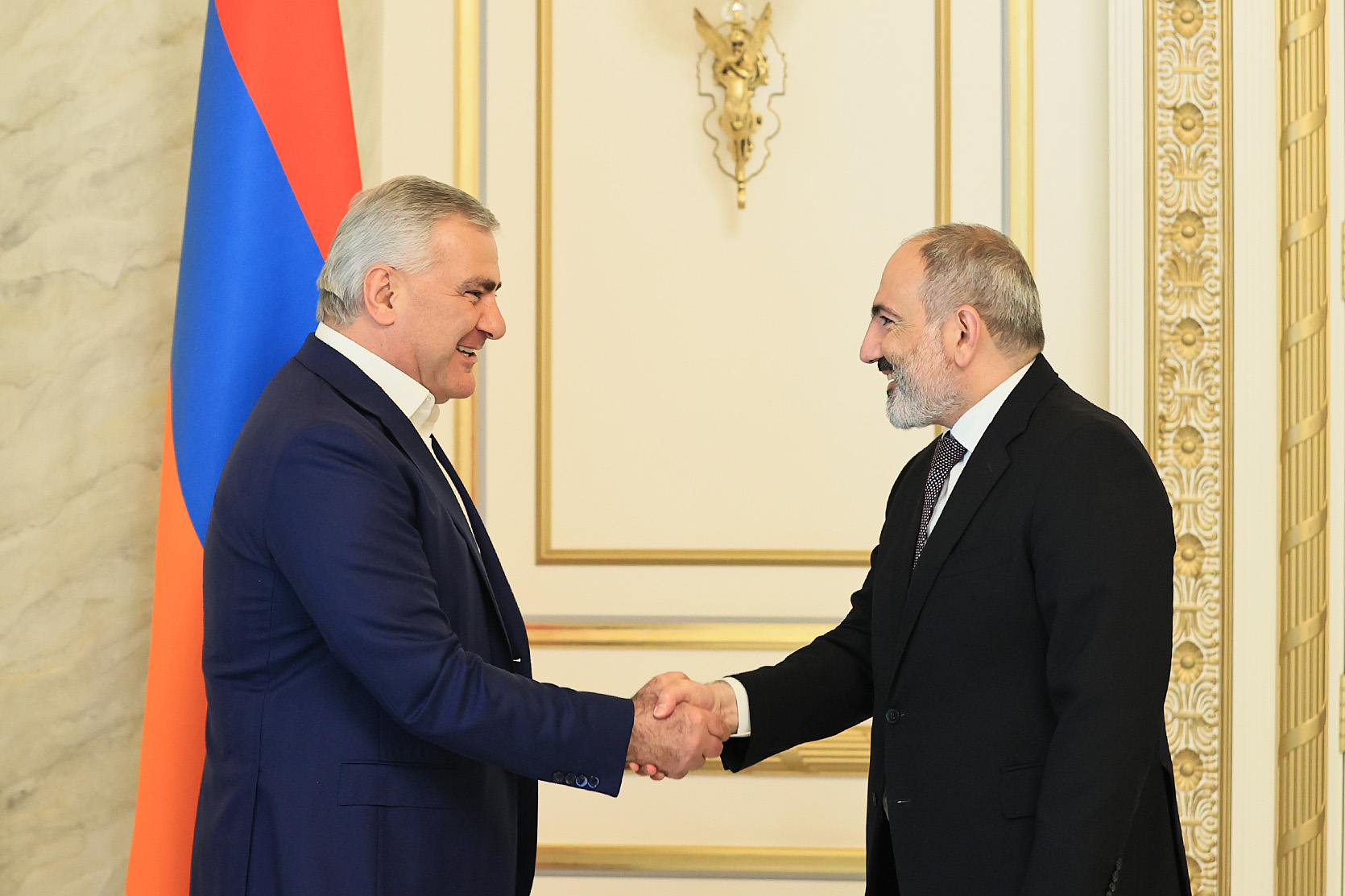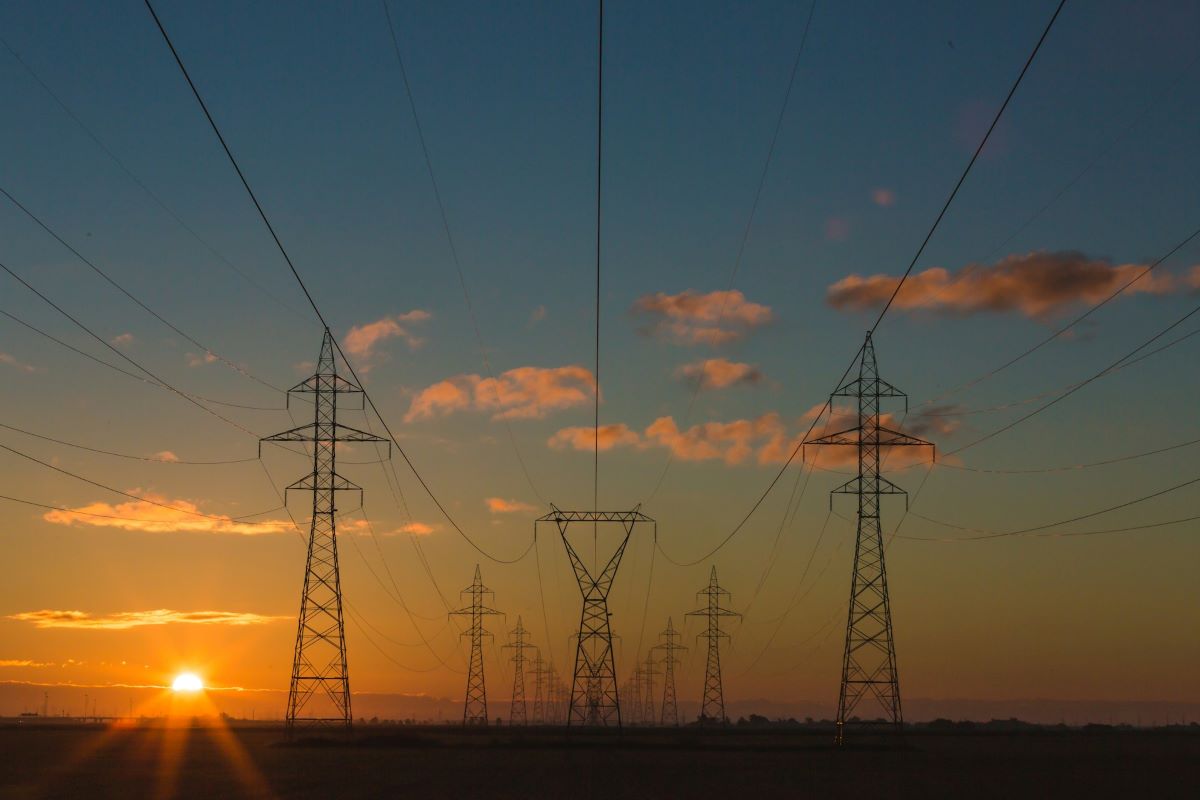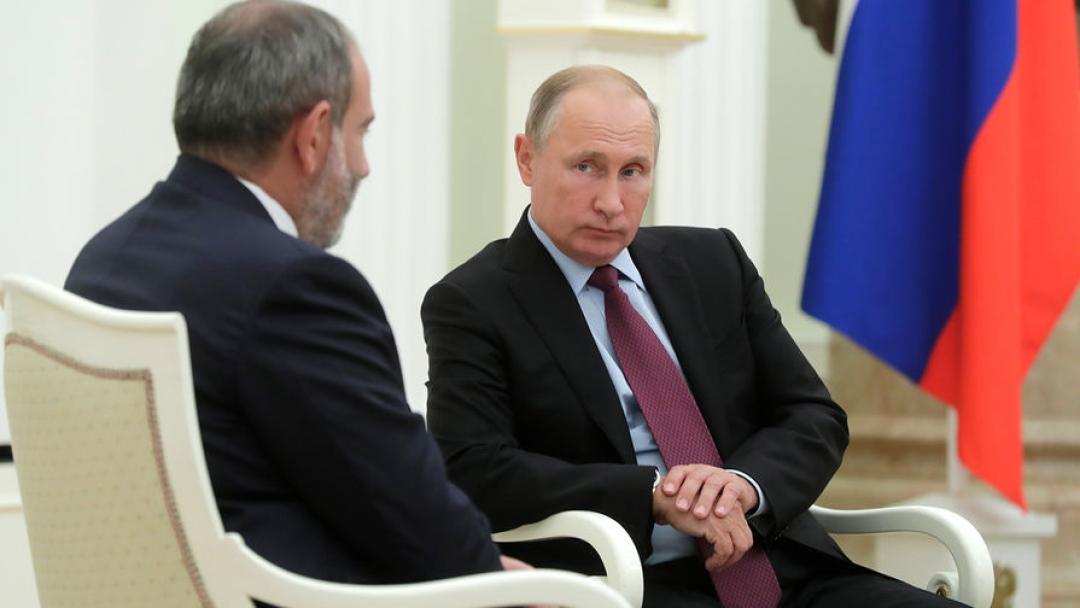"Nationalisation of Armenia’s electric networks would collapse Russian influence": Opinion
Nationalisation of Electric Networks of Armenia
Armenia’s parliament has approved a bill to nationalise Electric Networks of Armenia (ENA), with only lawmakers from the ruling majority voting in favour. Both opposition factions voted against, calling it a “company takeover” and warning it could damage Armenia’s investment reputation.
ENA has been operated by Tashir Group since 2015. As of April 2017, its shareholders are Tashir Capital (70%) and Liormand Holdings Limited (30%). The owner of the Tashir holding is Russian businessman of Armenian origin Samvel Karapetyan. The second company is also affiliated with him. Karapetyan himself has been under arrest since June 18 on charges of publicly calling for the seizure of power.
Prime Minister Nikol Pashinyan announced the move on Facebook the same day: “The time has come to nationalise Electric Networks of Armenia. This will happen soon.”
Political analyst Robert Ghevondyan says the move should be seen in the context of neutralizing Russia’s “hybrid attacks” on Armenia:
“Nationalising only the electric networks is not enough to stop the ‘russification’ process. ArmRosgazprom and the South Caucasus Railway must also be returned to Armenian control.”
- ‘Russian trace’ suspected in Armenian clergy: Another priest faces criminal charges
- Lavrov in Yerevan: Traditional diplomacy, untraditional atmosphere
- Pashinyan to visit Moscow on 9 May. Analyst urges tough talks with Russia
Is there a connection between arrest of Karapetyan and nationalisation of ENA?
The basis for the arrest of Tashir holding owner Samvel Karapetyan was his interview. Speaking about the standoff between the Armenian authorities and the church, he said he supported the clergy. At the same time, Karapetyan stressed:
“If the political forces of Armenia fail to handle this situation, we will have to intervene in our own way in the campaign against the church.”
The ruling team believed that the phrase about intervening “in our own way” could imply the use of weapons. The businessman’s lawyers argue that he was referring to reconciling the church and the government. They describe the case against their client as political persecution.
Meanwhile, the prime minister does not consider it a coincidence that Karapetyan became publicly active after he personally instructed government members to “compensate for the damage caused to the people by the company or nationalise the company.” Pashinyan clarified that he had ordered the use of financial compensation mechanisms for ENA’s violations a month and a half before Karapetyan’s statement in support of the church.
Details of the bill allowing the nationalisation of the company
According to the legislative amendments, the management of ENA can be transferred to a temporary administrator. The mechanism described in the bill works as follows:
- the government can report the company’s violations to the Public Services Regulatory Commission,
- in this case, the head of the commission must initiate administrative proceedings within a maximum of 5 days.
The head of the Public Services Regulatory Commission is also granted the right to apply “preventive measures,” including the appointment of a temporary administrator.
As a result, the company’s management can be replaced within a few days. The ruling team does not answer questions about possible candidates.
Searches and detentions at ENA
Early in the morning, the Investigative Committee conducted searches at Electric Networks of Armenia (ENA), as well as at the home of the company’s board chairman, Narek Karapetyan.
It was reported that “urgent investigative actions” were being carried out within the framework of a criminal case. The searches lasted more than five hours.
According to Narek Karapetyan, law enforcement officers seized 37 documents, two caps, a digital storage device, and cash as a result of the search.
“ENA created an energy crisis in Armenia”: Pashinyan
“During my many visits to the regions, I noticed with surprise and dissatisfaction that, in fact, ESA’s activities had nearly created an energy crisis in Armenia. My analysis suggests that all of this was done—and is still being done—to provoke internal discontent in Armenia,” the prime minister told journalists.
According to Nikol Pashinyan, “the church is just a smokescreen for the former owners of ESA, which they will soon become.”
The prime minister stressed that nationalisation is not a one-step process. He explained that the adoption of the bill is merely the first stage:
“The state will take over the management of the electric networks. And from that moment on, we will discuss further scenarios in a calmer environment.”
By the time of publication, Armenian President Vahagn Khachaturyan had signed the law allowing the nationalisation of Electric Networks of Armenia.
“We will fight by all legal means”: ENA representative
David Ghazinyan, the acting director general of Electric Networks of Armenia (ENA), believes the company is being targeted in what he described as a “no-holds-barred fight.” However, ENA plans to legally challenge the process that has been launched:
“We will fight by all legal means. We have a strong legal team. We are in the right, and being right makes us several times stronger.”
According to Ghazinyan, the authorized body—the Public Services Regulatory Commission—has never even hinted that ENA’s operations could justify terminating its license.
On June 18, the Public Services Regulatory Commission fined Electric Networks of Armenia 10 million drams ($26,178) for identified technical and commercial violations.
Samvel Karapetyan and his family are even considering initiating international arbitration against Armenia.
They stated that they had submitted a formal notice to government bodies regarding an investment dispute, based on an investment protection agreement signed between Armenia and Cyprus 30 years ago. The reason is that they also manage ENA through their Cyprus-registered company, Liormand Holdings Limited.
Comment
Political analyst Robert Ghevondyan notes that Russia has always shown interest in Armenia’s economic activity. As a result, it acquired or gained control over various sectors of Armenia’s economy. Among the long list of acquisitions by Russia or Russian state-affiliated private companies are Armenia’s gas supply, railways, mobile communications, and manufacturing enterprises.
“The main motive was the total ‘russification’ of the state. This was meant to eventually allow full control over Armenia’s regional and global politics, and, when the right opportunity arises, to integrate Armenia into Russia’s main integration project, the Union State,” the analyst believes.
He stresses the fact that the presence of a pro-Russian government in Armenia, led by President Robert Kocharyan, served as a “fertile ground” for this project.
Ghevondyan recalls that Electric Networks of Armenia CJSC was initially sold to the Russian company Inter RAO Holding B.V. And after large protests in Armenia against price hikes in 2015, the Russian owner sold ENA to a company owned by Russian businessman of Armenian origin Samvel Karapetyan.
According to the political analyst, the bill on the nationalisation of ENA fundamentally changes the logic of “russification”:
“Strengthening the sovereignty of the Republic of Armenia and reducing Russian hybrid tools, in turn, leads to the downfall, the collapse of Russian influence.”
Ghevondyan says it is not surprising that Moscow is extremely concerned and closely following the developments in Armenia.
He points out that both Russian officials and experts, as well as Armenian political forces defending Russian influence and Armenian experts funded from Russia, are voicing criticism of what is happening in Armenia.
He views the process that has begun positively. At the same time, he stresses that the nationalisation of ENA alone is not enough to counter “russification”:
“ArmRosgazprom, South Caucasus Railway, and a number of other organisations continue to serve as hubs of Russian hybrid attacks. Just like the electric networks, these infrastructures are also the property of the Republic of Armenia and must be returned to Armenia.”
Follow us – Twitter | Facebook | Instagram
Nationalisation of Electric Networks of Armenia






















